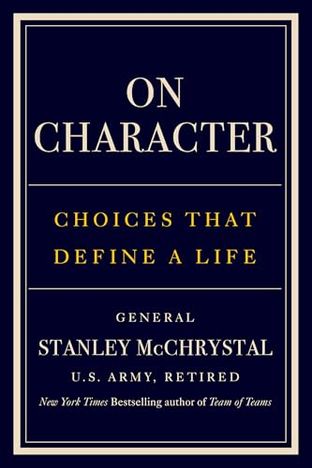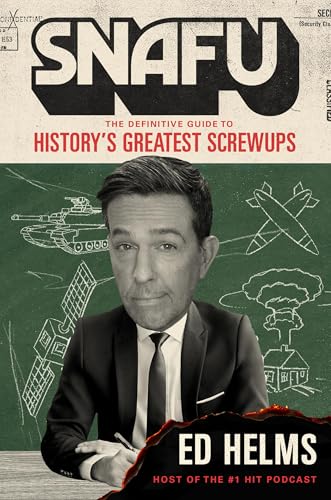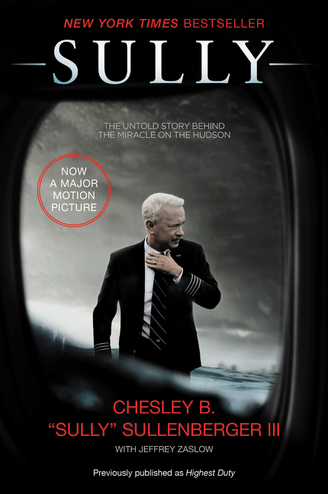Review of On Character
by Johny McFliggen, PhD Literature & Business, Oxford
In the absence of an official release or detailed information on "On Character" by Stanley McChrystal, one must venture into the speculative realm—a task not unfamiliar to those who appreciate the artistry of constructing narratives with incomplete data. As someone steeped in both literature and the business of leadership, I am inclined to draw upon McChrystal's previous works to frame what "On Character" might entail, should it ever grace our bookshelves.
Stanley McChrystal, a luminary in the sphere of military leadership and strategy, has carved out a niche where the precision of military operations marries the fluid adaptability required in civilian enterprises. His previous works—"Team of Teams" and "Leaders: Myth and Reality"—provide more than a mere glimpse into his intellectual landscape; they are testament to his prowess in dissecting and disseminating the tenets of leadership.
If "On Character" is indeed penned by McChrystal, one might expect a rigorous examination of what constitutes character in leadership. Much like Michael Corleone’s complex evolution in "The Godfather," character in leadership is not a static attribute but a dynamic interplay of decisions, ethics, and adaptability. McChrystal, with his military pedigree, would likely dissect character in a manner that challenges both conventional wisdom and modern sensibilities.
What sets McChrystal apart, and indeed what would set "On Character" apart, is his ability to traverse the often rigid boundaries between military discipline and the chaotic unpredictability of civilian life. His narrative style—akin to a blend of Churchillian gravitas and Sorkin-esque dialogue—captures the reader's attention much like a well-executed Wes Anderson film, where every detail serves a purpose, every line resonates with intent.
In comparison to other military strategists-turned-authors like Jocko Willink or Simon Sinek, McChrystal's potential exploration of character would likely be less prescriptive and more analytical. He possesses a deftness akin to a chess grandmaster, revealing how character is less about inherent traits and more about the choices made under pressure—a perspective that aligns with the existential musings found in Viktor Frankl's "Man's Search for Meaning."
If reviews were to emerge for "On Character," they would likely praise McChrystal’s ability to extract universal truths from his military experiences, presenting them with a clarity that resonates across industries. One can imagine these critiques echoing those of his earlier works, lauding his storytelling prowess and practical insights.
In sum, while "On Character" remains an enigma as of this writing, any book bearing McChrystal’s name promises an intellectually stimulating exploration of leadership and character, one that would undoubtedly enrich our understanding while challenging our preconceived notions—much like the best episodes of "The West Wing." Until then, one must wait with bated breath or perhaps delve into his previous works to catch a glimpse of the wisdom that might await.
Purchase Link: On Character on Amazon



